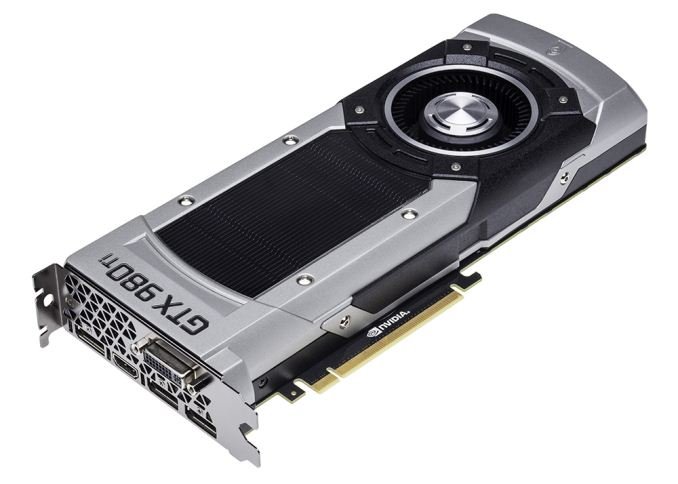NVIDIA's $650 GeForce GTX 980 Ti is all about 4K gaming
NVIDIA has introduced its latest offering in the GeForce GTX 900 series, the GTX 980 Ti. The card is targeted at gamers looking to play visually-intensive titles like Grand Theft Auto in 4K at 60fps.

Late last year, NVIDIA launched the GTX 980, the first high-end card based on the vendor's new Maxwell architecture. The silicon powering the card — the GM204 GPU — also made its way to the GTX 970, although with a reduction in CUDA cores and clock speeds. In March 2015, NVIDIA launched its flagship offering in the Maxwell series, the $1,000 GTX Titan X. The card came with a GM200 GPU, which was essentially the GM204 taken to the limit, with 3,072 CUDA cores, 192 texture units and 96 ROPs (Render Output Unit), an increase of 50 percent from the GTX 980. With 12GB VRAM, the Titan X was targeted at the prosumer market, with several applications in single-precision and double-precision computing.
The GTX 980 Ti, on the other hand, is aimed at gaming. The card features the same silicon as the Titan X, the GM200 GPU, but with fewer CUDA cores, texture units and VRAM. NVIDIA claims that the GTX 980 Ti will run The Witcher 3 at 45fps. In terms of the hardware, the GTX 980 Ti offers 2,816 CUDA cores, 176 texture units, 96 ROPs, 6GB GDDR5 memory with a bandwidth of 7.0GHz on a 384-bit wide interface and a TDP of 250W. The core clock of the card comes in at 1,000MHz, with a boost clock of 1,075MHz.
NVIDIA is commencing global sales of the GTX 980 Ti starting today, with the reference design priced at $649. Partners such as MSI, EVGA, Asus and Zotac have already announced variants based on the reference model with custom cooling solutions. Have a look at our collection of the best graphics card options for more picks.
Source: Nvidia
Get the Windows Central Newsletter
All the latest news, reviews, and guides for Windows and Xbox diehards.

Harish Jonnalagadda is a Senior Editor overseeing Asia for Android Central, Windows Central's sister site. When not reviewing phones, he's testing PC hardware, including video cards, motherboards, gaming accessories, and keyboards.
